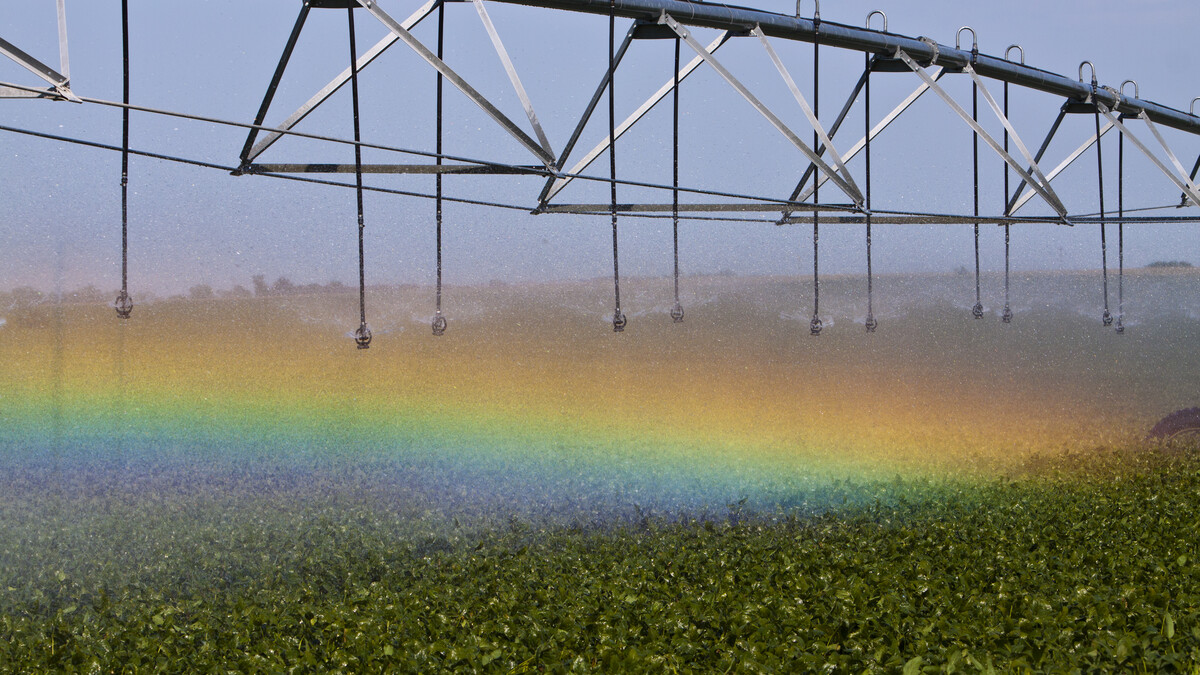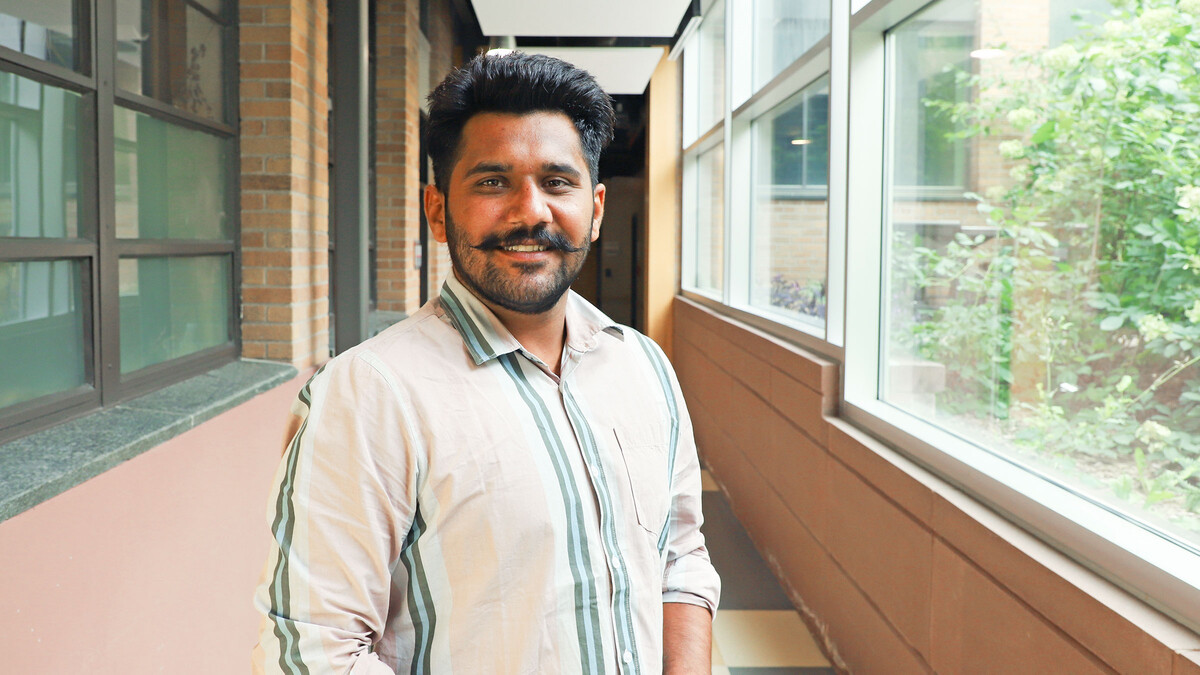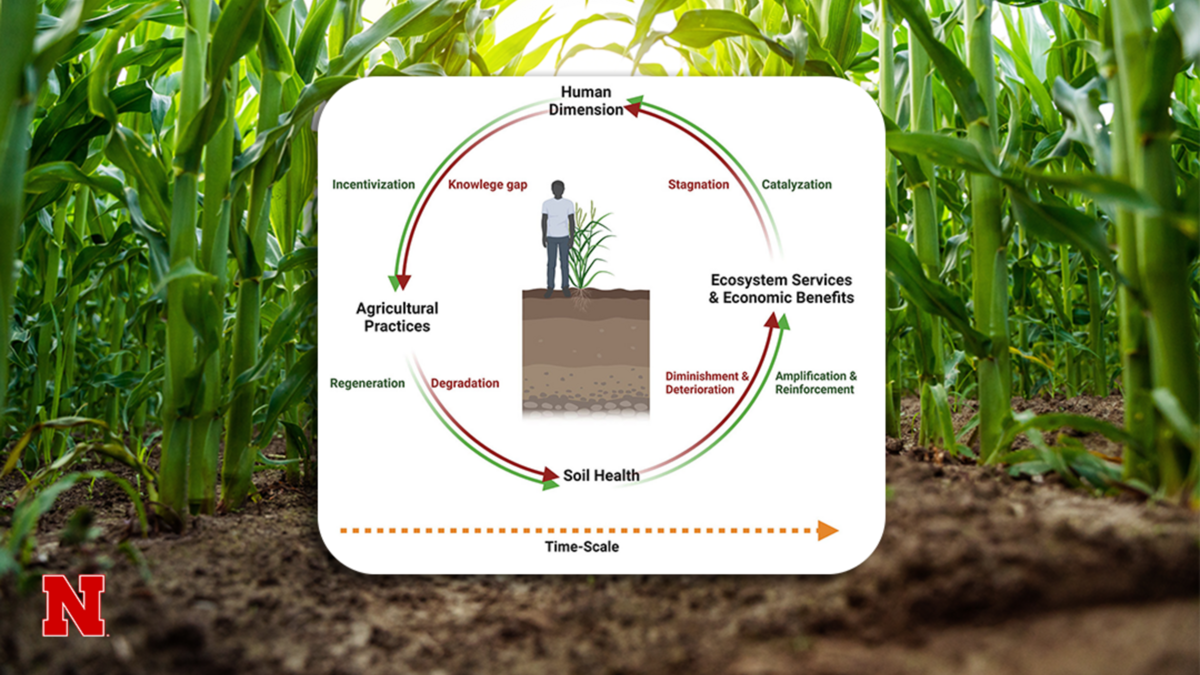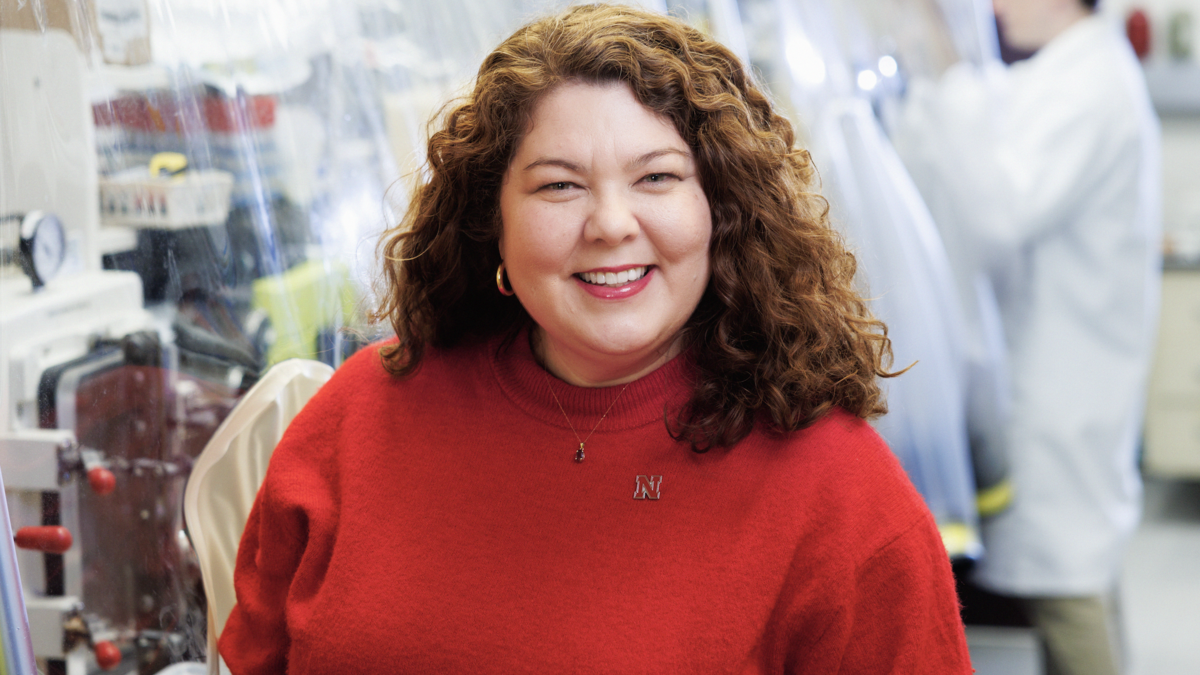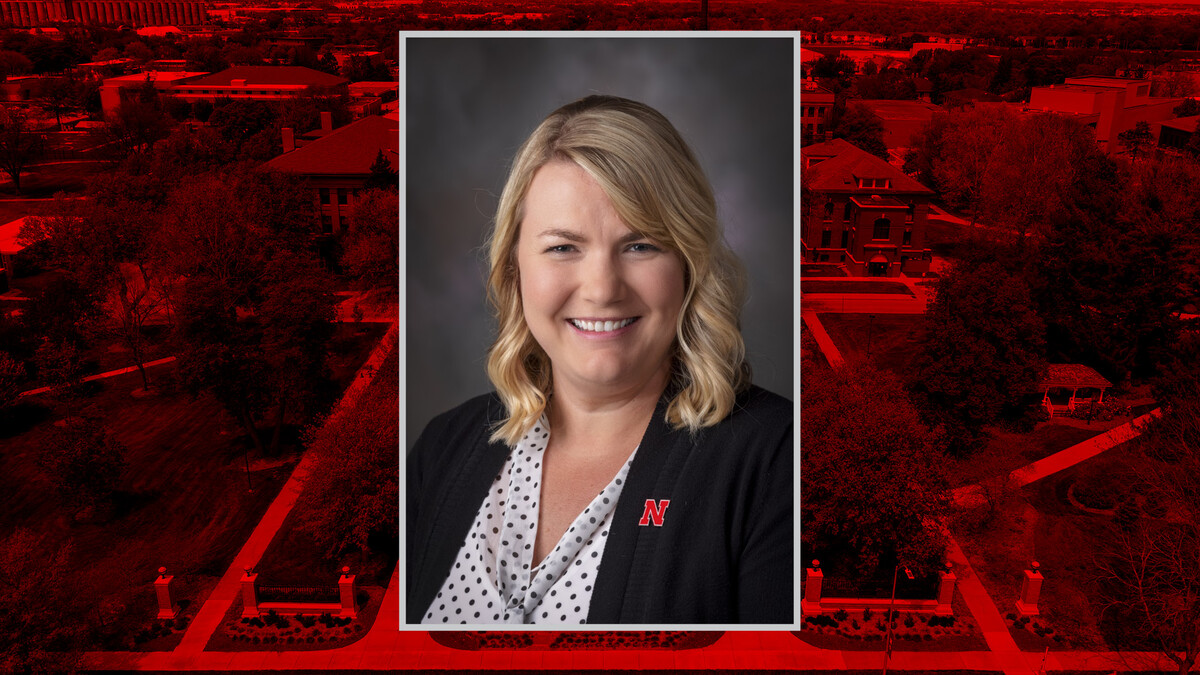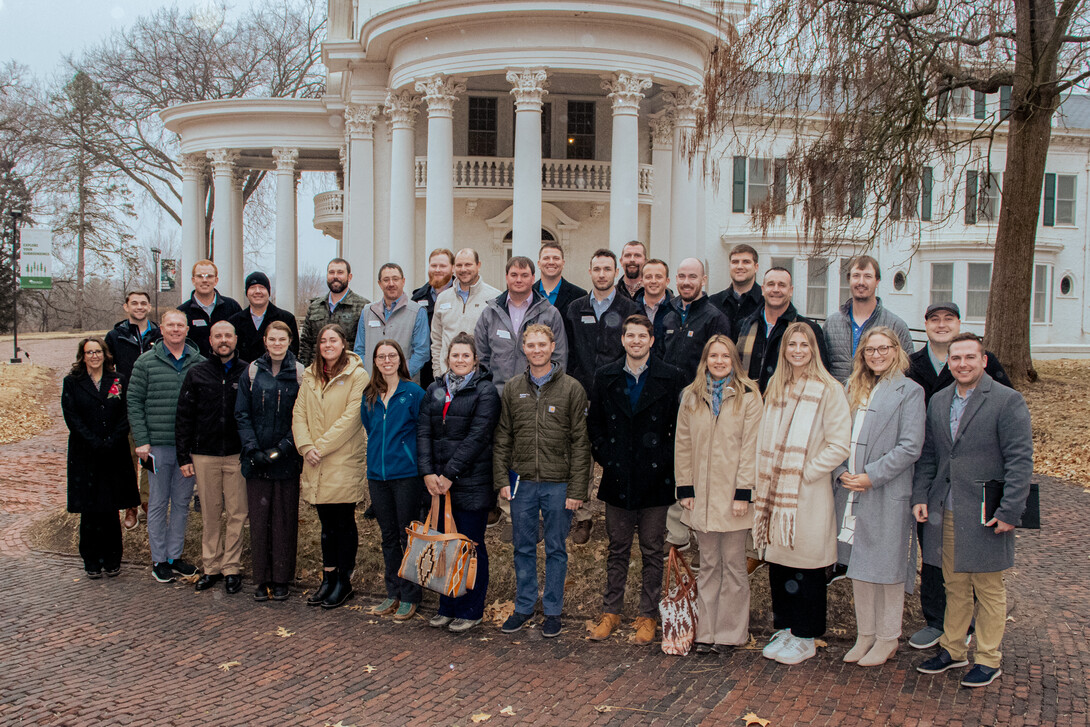
LINCOLN, Neb. — Corn, soybeans and livestock may define much of Nebraska’s landscape, but in December, Nebraska LEAD Fellows will explore a different side of the state’s agriculture. A new partnership between the Nebraska LEAD Program and the Richard P. Kimmel & Laurine Kimmel Charitable Foundation is making possible the first Resilient Rural Systems seminar in Nebraska City, showcasing the innovation, diversity and entrepreneurial spirit of southeastern Nebraska agriculture.
The Resilient Rural Systems seminar will give Nebraska LEAD Fellows an opportunity to explore alternative agricultural systems and community development in southeastern Nebraska. Fellows will engage with experts and local leaders on topics such as fruit and apple orchards, floriculture, pollinator research, aquaculture and hydroponics, direct-to-consumer local food systems, and innovative rural and community development strategies.
Established in 2024 by the Richard P. Kimmel and Laurine Kimmel Charitable Foundation, the Catalyst Grants aim to advance education and innovation by fostering strategic partnerships between the Kimmel Orchard and Vineyard Educational Foundation and the University of Nebraska–Lincoln’s Institute of Agriculture and Natural Resources (IANR). IANR encompasses Nebraska Extension, the Agricultural Research Division and the College of Agricultural Sciences and Natural Resources.
“This new seminar represents an exciting opportunity for Nebraska LEAD Fellows to expand their perspectives on the state’s agriculture and natural resources systems while also highlighting the creativity and innovation that make Nebraska City and southeastern Nebraska so unique,” said Dr. Tiffany Heng-Moss, IANR Vice Chancellor. “We’re grateful for the Kimmel Foundation’s partnership and commitment to developing Nebraska’s agricultural leaders.”
Len Weyeneth, president of the Richard P. Kimmel and Laurine Kimmel Charitable Foundation, said the partnership reflects the mission of the Catalyst Grants program. “Our Foundation is dedicated to advancing education and fostering innovation,” Weyeneth said. “The Nebraska LEAD Program has a long-standing reputation for preparing leaders who will shape the future of agriculture, and we’re proud to help bring that mission to Nebraska City.”
Nebraska LEAD Program Director Kurtis Harms said the partnership is a milestone moment for the program. “For more than 40 years, the Nebraska LEAD Program has helped develop leaders who are not only grounded in Nebraska’s agricultural strengths but also prepared to navigate future challenges and opportunities,” Harms said. “Hosting this re-imagined seminar in Nebraska City with the support of the Kimmel Foundation allows us to shine a spotlight on the diversity and resilience of southeastern Nebraska agriculture.”
LEAD 43 Fellow Troy Kane a farmer from Carleton, Nebraska, and a participant in this year’s program, shared his enthusiasm for the experience ahead. “When I think of Nebraska agriculture, I often think of row crops and cattle production,” he said. “This upcoming seminar will really help me get a better idea of how diverse Nebraska agriculture can be and what kinds of value-added strategies producers in the region are utilizing. I’m looking forward to learning more about the history, current innovations and entrepreneurial spirit that define this part of the state.”
The Nebraska LEAD (Leadership Education/Action Development) Program is a two-year leadership development program for Nebraska’s future agricultural leaders. Administered by the nonprofit Nebraska Agricultural Leadership Council in cooperation with the University of Nebraska–Lincoln’s Institute of Agriculture and Natural Resources, the program engages Fellows through 12 seminars across Nebraska, a national study/travel experience and an international study/travel opportunity. More than 1,200 people have graduated from the program since its inception in 1981.
The mission of the Nebraska LEAD Program is “to prepare and motivate men and women in agriculture for more effective leadership.” For more information on the program or its mission, visit lead.unl.edu.
